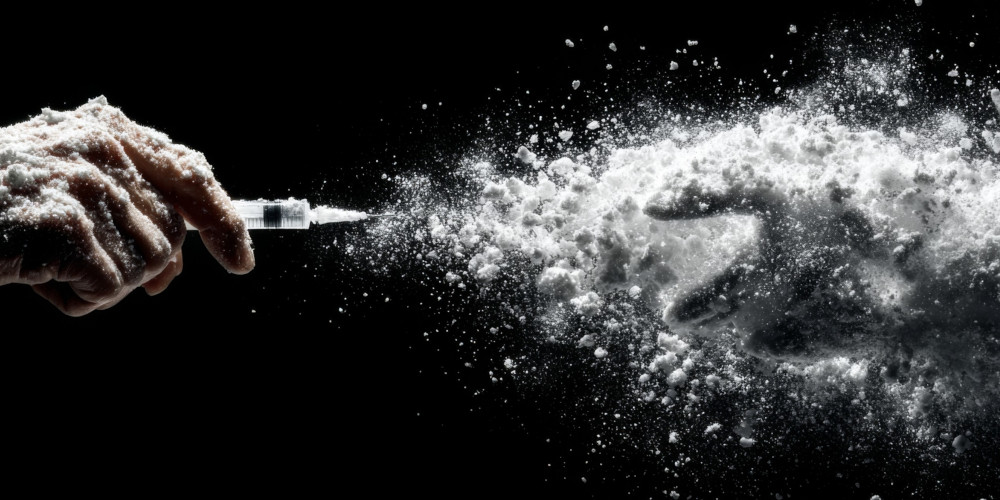You’ve heard stories, or maybe you’ve even lived them. Late nights, fleeting euphoria, and the inevitable crash. Cocaine, whether used occasionally at parties or in a more pervasive manner, can truly grip an individual. Having been down that road myself, I can attest to the allure and the subsequent chaos it can bring to one’s life. But have you ever stopped to think about what this substance is actually doing to your brain? Let’s delve into it, for understanding is the first step toward change.
Cocaine Acts as a Powerful Stimulant
When you introduce it to your system, it interferes with the brain’s dopamine regulation. Dopamine, if you’re not familiar, is a neurotransmitter linked with pleasure, mood, and motivation. Under normal circumstances, once dopamine has done its job, it’s reabsorbed into the neurons. But cocaine blocks this reuptake, leaving a surplus of dopamine in the brain. This is what gives that intense feeling of euphoria, the so-called ‘high’. It’s a sensation that’s incredibly compelling, which is why you might find it hard to resist the next line or the next hit.
Yet, with this fleeting pleasure comes the impending downturn. As your brain gets accustomed to these high levels of dopamine, it starts producing less of it naturally. This is where the cravings come in. You might have felt that you need more cocaine just to feel ‘normal’ or to chase that initial high. This isn’t a sign of weakness, nor is it a “disease” as some might label it. It’s a symptom of the brain trying to adapt and recalibrate.
Now, let’s address the elephant in the room: the long-term effects. With continued use, cocaine can lead to serious cognitive impairments. Trouble with memory, decreased attention span, and difficulty in making decisions might become a daily struggle. But it’s not just about cognition. The emotional toll can be profound. Feelings of anxiety, paranoia, or depression can creep in. And in the South African context, where challenges like unemployment, socio-economic disparities, and trauma are prevalent, such symptoms can exacerbate existing struggles.
So, if you or someone close to you is dancing with cocaine, it’s essential to understand the dance itself. Knowledge can be a powerful tool in shifting one’s relationship with any substance. It’s not about labeling oneself as ‘addicted’ or ‘diseased’, but recognising the symptom for what it is: a sign that something needs to change. And with the support of loved ones, communities, and professionals, change is not only possible but attainable.
When you delve into the history of understanding cocaine’s effects on the brain, it becomes clear just how far we’ve come in our grasp of this powerful substance. While today you might recognize the immediate impacts of cocaine on feelings and behavior, it took generations of research, observation, and unfortunate consequences to arrive at this point.
Cocaine’s Origins Trace Back to Ancient South American Cultures
Indigenous peoples primarily chewed coca leaves for the energy and stamina they provided, particularly in the high-altitude Andes. However, it was only in the mid-19th century that cocaine was isolated from these leaves. Your ancestors might be surprised to know that in the late 1800s and early 1900s, cocaine was touted as a wonder drug in the West. It was found in tonics, medicinal treatments, and even the original formula of Coca-Cola. Its euphoric and energizing effects were celebrated, with little understanding of its neurochemical impacts.
As the 20th century progressed, the medical and scientific community began taking a closer look. Initially, they knew that cocaine had a stimulating effect, but the intricacies of neurotransmitters like dopamine weren’t fully understood. Through painstaking research, scientists began to uncover the mechanisms you’re now familiar with: cocaine’s interference with dopamine reuptake, leading to that burst of euphoria.
The 1980s and 90s were particularly transformative in understanding cocaine’s influence on the brain. Technological advancements in brain imaging allowed researchers to actually ‘see’ the brain on drugs. You can imagine the clarity this brought to the table! By visualizing how the brain responded to cocaine, researchers could confirm theories about dopamine and also identify other affected areas of the brain. This was pivotal in understanding the broader cognitive and emotional impacts.
In the South African Context
like in many other parts of the world, cocaine usage and its effects have been a subject of study and concern. Given the country’s unique socio-political history and its challenges, understanding the nuances of substances like cocaine becomes even more critical. The more you understand about the historical backdrop of cocaine research, the better equipped you are to contextualize its role and effects in contemporary society. Knowledge, as they say, is power. And in this journey of understanding, every bit of knowledge serves as a beacon, illuminating a path towards a safer and healthier relationship with substances.
When it comes to battling addiction or helping someone through it, understanding the effects of the substance in question is paramount. For cocaine, a drug that has left its mark globally, and certainly in South Africa, understanding its effects on the brain is not just academic—it’s life-saving.
Imagine, for a moment, you or a loved one grappling with cocaine use. Your intuition tells you it’s harmful, but having a clear picture of how it impacts the brain can be a significant motivator in seeking help. By understanding that cocaine doesn’t just provide a fleeting high, but actively interferes with your brain’s dopamine regulation, you can begin to comprehend the gravity of its influence. It isn’t just about the immediate high; it’s about the long-term changes, the rewiring of your neural pathways that can lead to compulsive behaviors and intense cravings.
In the addiction recovery context, this knowledge is a powerful tool. Recognizing the profound neurological changes that occur can help frame the recovery journey. It’s not just about willpower; it’s about healing and recalibrating a brain that’s been altered by the drug. This perspective can offer solace during challenging times, reminding you or your loved ones that the journey, though tough, is about restoration and healing.
Furthermore, for those supporting someone through addiction, this knowledge fosters empathy. By understanding the profound changes happening within a user’s brain, you’re better equipped to approach the situation with compassion, patience, and an informed perspective.
In the words of Carl Jung, “Until you make the unconscious conscious, it will direct your life, and you will call it fate.” By understanding the effects of cocaine on the brain, you’re bringing into the light the hidden influences that drive addiction, empowering you and those around you to take deliberate steps towards a brighter, cocaine-free future.




